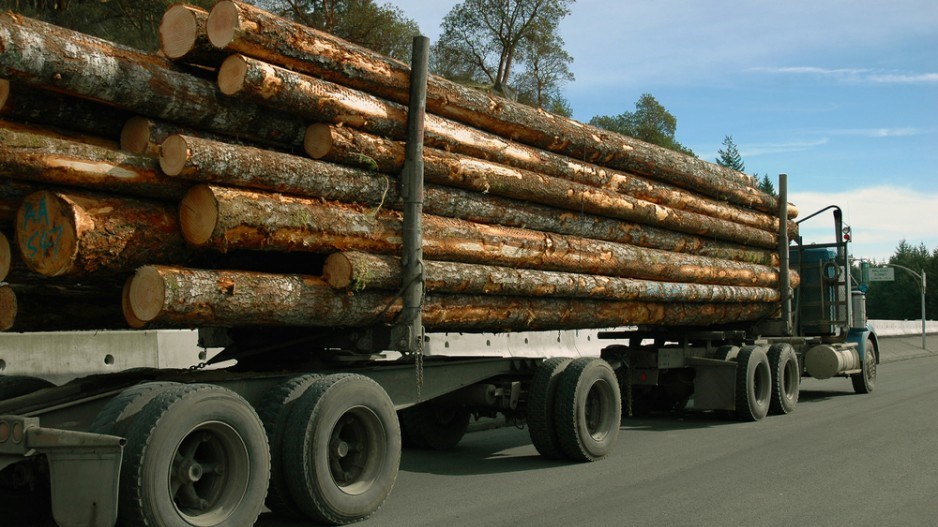Softening trade will slow B.C.’s GDP growth to 2.3% this year from 2.9% in 2011, according to an RBC Economics forecast released this morning.
The latest RBC Economics Provincial Outlook noted that Vancouver’s resale home market has fallen significantly, while resales throughout B.C. remain flat.
The bank identified a 17% increase in softwood lumber exports to the U.S. in the first half of 2012, but noted that lumber exports are still well off pre-U.S. housing crash levels.
Christ Wright, RBC senior vice-president and chief economist, said that the rise is not enough to drive higher growth in B.C. GDP.
“Unfortunately, the breakthrough in B.C.’s lumber exports will be almost entirely offset by setbacks in other commodities and markets,” he said.
The report noted that, after a six-year “spectacular rise,” B.C.’s China-bound lumber exports fell in 2012. It added that natural gas exports to the U.S. are down significantly and that European economic woes have damped B.C.’s exports to that continent.
RBC assessed that although B.C.’s total exports were virtually unchanged from 2011, the province’s merchandise imports spiked by more than 8%, indicating that the trade sector will likely be a drag on provincial growth.
The bank said that next year B.C. can expect economic benefits from the federal government’s $8 billion contract with Seaspan and a $3.3 billion modernization of Rio Tinto Alcan’s aluminum smelter in Kitimat. RBC forecasts that B.C.’s GDP growth will accelerate to 2.7% in 2013.



.jpg;w=120;h=80;mode=crop)
